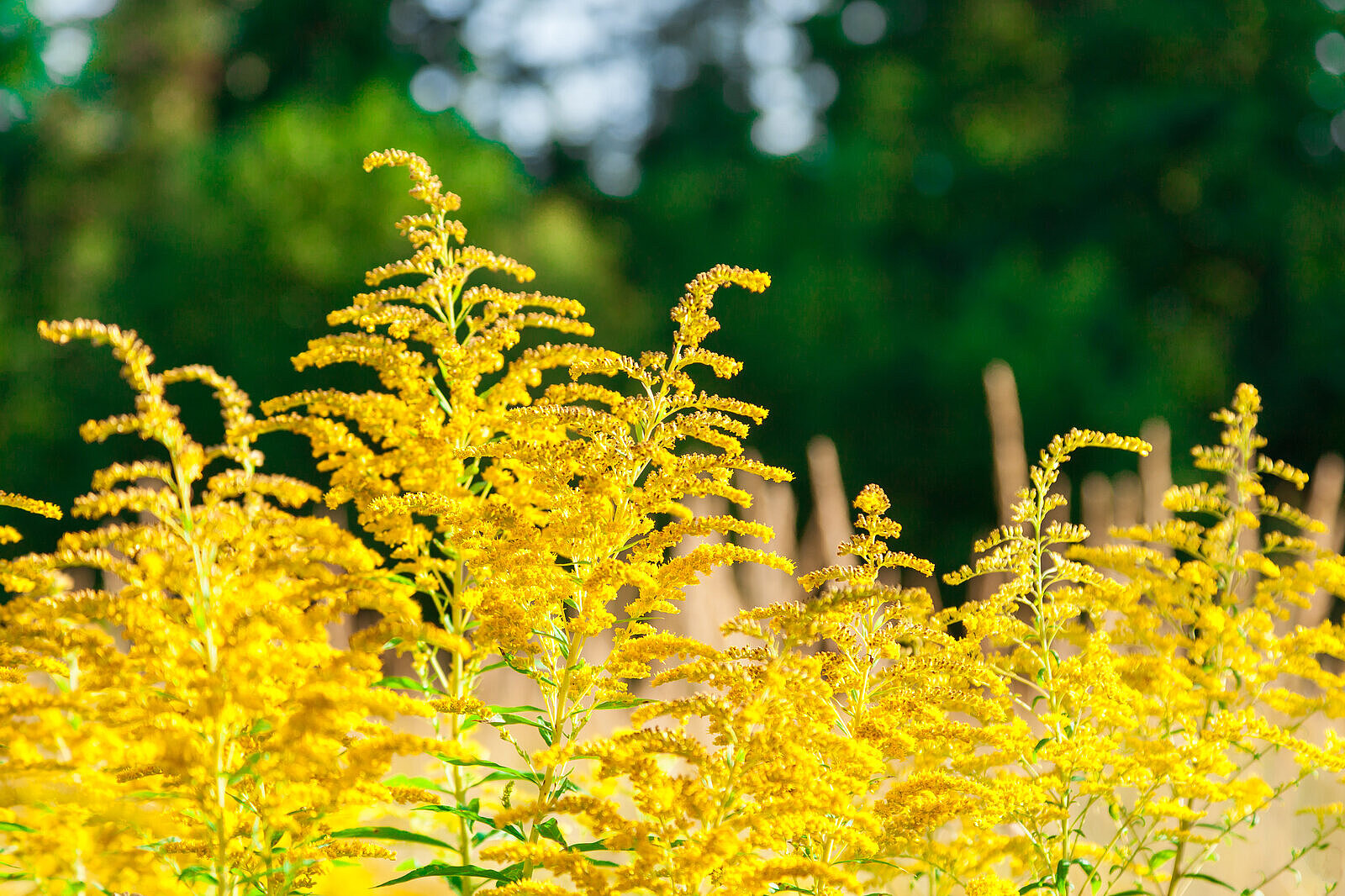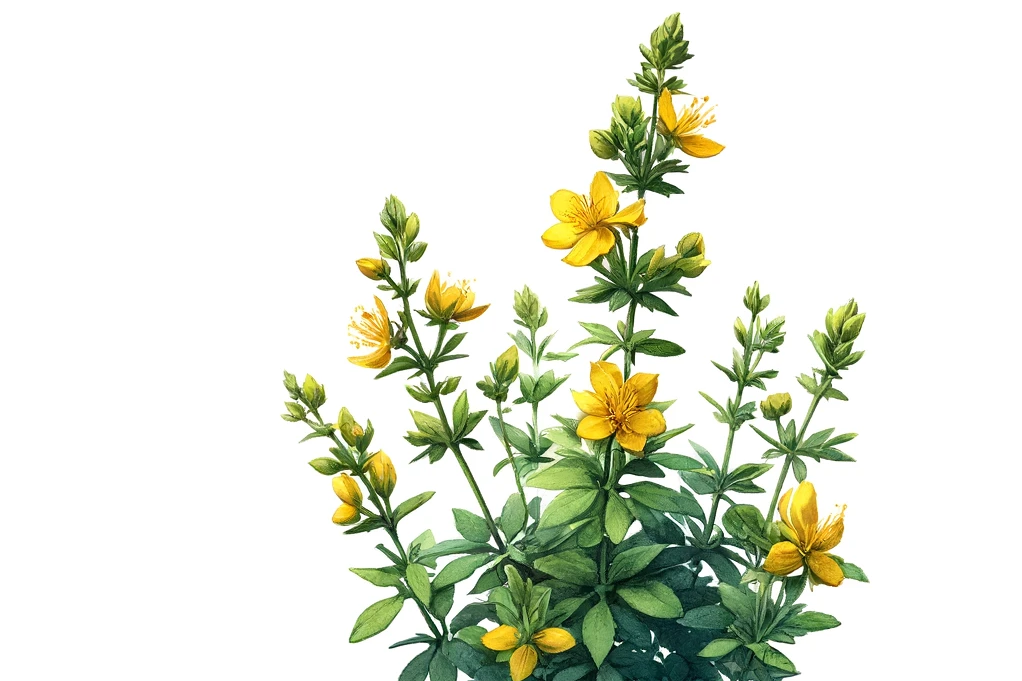Cat's claw

What is cat's claw?
Cat's claw (Uncaria tomentosa) is a liana that grows in the tropical rainforest. It has thorns that resemble cat's claws, hence the name. The bark and roots of the plant contain various ingredients that have a healing effect. These include alkaloids, flavonoids, tannins and antioxidants.
How can cat's claw help your dog?
Cat's claw has many positive effects on the health of dogs. For example, it can
- strengthen the immune system and inhibit inflammation
- promote digestion and alleviate gastrointestinal complaints
- accelerate wound healing and prevent infections
- protect the joints and prevent osteoarthritis
- reduce the risk of cancer and improve the quality of life of dogs with cancer
How can you give cat's claw to your dog?
Cat's claw is available in various forms, for example as a tea, tincture, capsules or powder. You can give cat's claw directly into your dog's mouth or mix it into their food. The dosage depends on the size and weight of your dog. As a rule of thumb: 1 mg per kilogram of body weight per day. However, you should always consult a vet before giving your dog cat's claw.
What should you look out for?
Cat's claw is a natural plant, but this does not mean that it is always safe and well tolerated. There are some possible side effects and risks that you should be aware of. These include, for example:
- allergic reactions such as skin rash or itching
- Gastrointestinal problems such as diarrhea or vomiting
- Blood clotting disorders or a drop in blood pressure
- Interactions with other medications or dietary supplements
You should also not give cat's claw to pregnant or nursing bitches or puppies. You should also avoid cat's claw if your dog has an autoimmune disease or an organ transplant.
Cat's claw is a plant with many health benefits for your dog. It can strengthen the immune system, aid digestion, accelerate wound healing and much more.
If you notice any signs of hypersensitivity or poisoning in your dog, you should see your vet immediately. We are not a substitute for a vet, but we try to be as accurate as possible. Every dog reacts differently and we recommend you get a second opinion or consult your vet if in doubt.
Stay healthy and take good care of your four-legged friend!😊
Similar to Cat's claw
Echinacea is a genus of plants from the composite family, which includes several species of herbaceous plants. The best-known species are Echinacea purpurea (red coneflower), Echinacea angustifolia...
Goldenrod has a diuretic and anti-inflammatory effect. This means that it promotes the elimination of fluid and toxins via the kidneys and at the same time relieves inflammation in the urinary tract...
Ginseng belongs to the Araliaceae family and grows mainly in China, Korea and Japan. The plant has green leaves and red berries, but the most important thing is its fleshy root. This has the shape...
St. John's wort, also known as Hypericum perforatum, is a flowering plant that is native to Europe, Asia and North America. The plant has been used for centuries in folk medicine to treat various...



